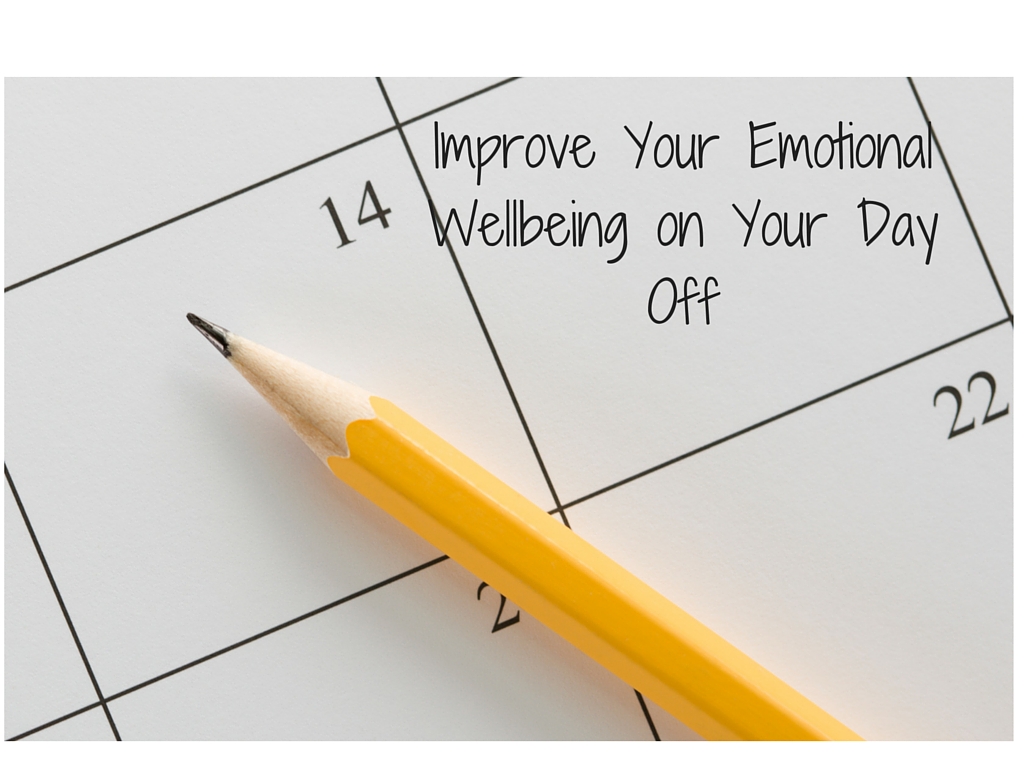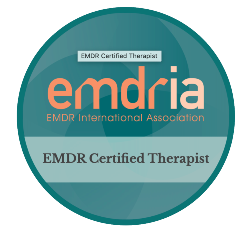Improve Your Emotional Wellbeing on Your Day Off
Whether it’s a surprise snow-day or a Sunday free from plans, why not spend your next non-work day contributing to your emotional health. Not all of us can take regular vacations in order to “re-set” and build up our emotional resiliency. If we do not have the time or money to jet to the beach, we can contribute to our emotional wellbeing in just a day by scheduling activities that are known to decrease stress, increase joy, and support resiliency. Below are some suggestions to turn your next day off into a mini mental health retreat.
Find something awe-inspiring to do
Awe is an emotional experience that makes us, and therefore our problems, seem small in the context of this large and complex world. Since awe draws our attention towards things beyond the self, it has the effect of making us feel more connected to the universe and some argue, help us shift focus from ourselves to the “greater good.” Awe can cultivate from a variety of experiences that transcend our basic understanding of the world we live in and momentarily take us out of our day-to-day practices and problems. Science also shows that awe experiences can contribute to happiness by helping us to think more flexibly and see things in a new light.
Try some of these methods for inspiring awe:
- Go on a hike to a place known for it’s vast beauty
- Look up at a sky full of stars
- Read poetry or quotes that inspire
- Go to an art exhibit of awe-inspiring painting or photography
- Do something outside your comfort zone and meet new (and different) people
Practice mindful meditation
The research is booming on the benefits of mindfulness, including improved mood, clearer thinking, boosting attention/focus, and enhancing creativity. Jon Kabat-Zinn, a pioneer in mindfulness and author of popular mindfulness self-help books, describes mindfulness as “paying attention on purpose, in the present moment, and non-judgmentally.” Simply put, mindfulness provides a temporary vacation from the all too common habit of rumination over past mistakes and future worries. Mindfulness decreases emotional suffering by allowing us to live in the present moment by focusing our attention on one thing. Even 5 minutes of mindfulness can boost our mood and increase focus. Try a brief mindful meditation in the morning, by sitting in a comfortable spot and drawing your attention to your natural breathing pattern. Distractions are normal, and should be handled by kindly and nonjudgmentally bringing your attention back to the breath.
Cook a meal with mood-friendly ingredients
Scientists and nutritionists are beginning to recognize the link between our mood and our diet. Though not a substitute for medication or treatment for an emotional disorder, eating healthy foods can help decrease stress and increase natural energy. When you have time to cook, search for a recipe with some of these mood-friendly food recommendations by psychcentral.com. Or, you can pick up a recipe book like The Healthy Mind Cookbook, by Rebecca Katz and Mat Edelson.
- Avocados
- Walnuts
- Asparagus
- Dark, leafy greens
- Complex Carbs
- Omega 3 Fatty Acids in Salmon and Trout
- Warm Milk
- Eggs
- Dark Chocolate with 70% cocoa
- Hummus
Use a Groupon to book a massage or go to a yoga class
Both a relaxing massage and a centering yoga class can quickly induce a sense of calm and peace in a chaotic world. Unfortunately both can be pricey, so it helps your mood and your checkbook to find deals in your local area. Groupon is a website that can search your neighborhood and offer deals on relaxing endeavors close to home. Even better, some massage places offer annual memberships so monthly massage appointments are more affordable.
If relaxation is your goal, try a Swedish massage or a Restorative yoga class. If you’re looking for a more intense experience try a Deep Tissue massage or a Vinyasa (movement flow) yoga class.
Make a gratefulness list
Take ten minutes and make a list of things you are grateful for. Put it in a place that you can see it clearly and add to it on a daily basis. Gratefulness can instantly boost your mood by helping you adjust your perception and focus your awareness on the positive things in life. Feeling grateful can shield us from that terrible mindset of “poor me” that sets us up for conflict with others or isolation.
Gratefulness improves self-esteem because as we identify the good things in our own lives, we learn to accept that we are worthy of good things. Gratefulness increases the probability that we will be giving to others, which contributes to a sense of purpose and connection with others.
De-clutter 1 thing
Marie Kondo’s book The Life-Changing Magic of Tidying Up is #1 on the New York Times Best Sellers List. The popular book has prompted a lifestyle phenomenon based on the reasoning that de-cluttering your home can contribute to a calm and more motivated mindset. You may not be ready to fully commit to what the book calls the Japanese Art of De-cluttering and Organizing, but you can still achieve the benefits of a calm mind by de-cluttering one section of your life at a time. On your next day off, choose one thing (your closet, your car, your junk drawer, etc) to tackle. When you’re through, notice the calming and motivating effect it has on your mindset.
Click here for more information on Anxiety Treatment.
Reference:
Kabat-Zinn, Jon. Wherever You Go, There You Are: Mindfulness Meditation in Everyday Life. New York: Hyperion, 1994.





